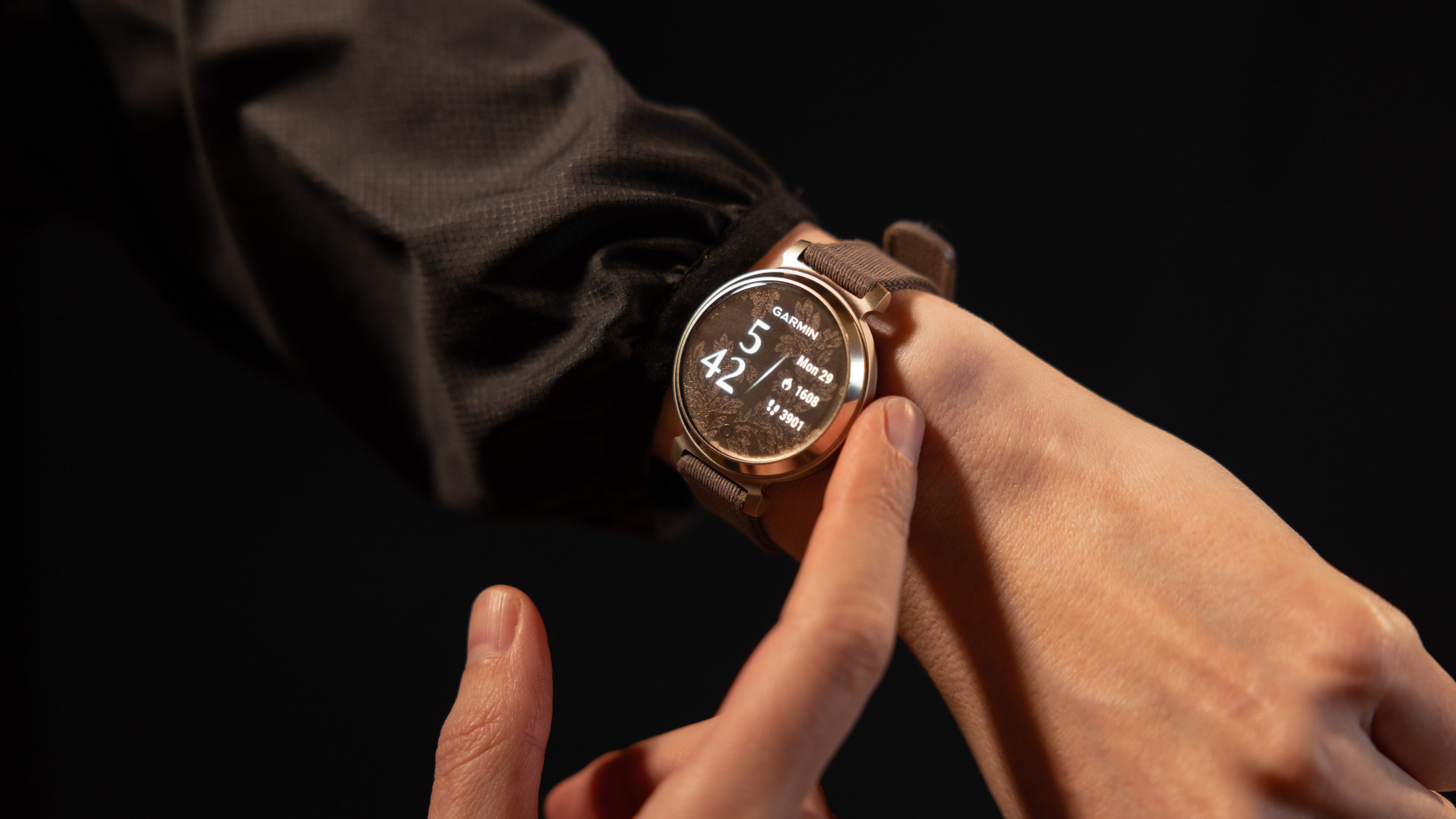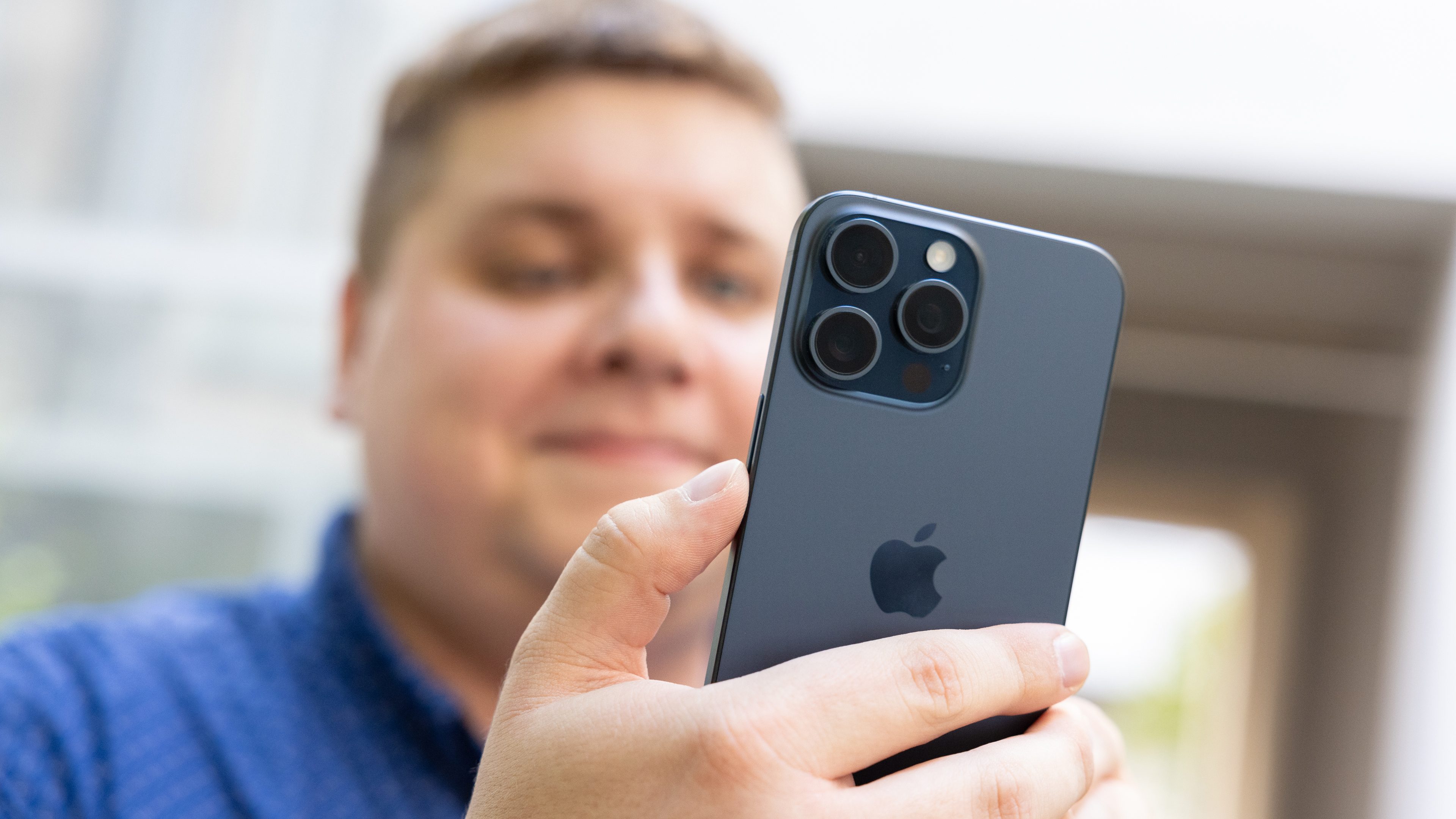
Introduction
In an age where online privacy and security are paramount concerns, Virtual Private Networks (VPNs) have emerged as popular tools for safeguarding internet activity. While VPNs offer valuable protection, it’s essential to recognize their limitations. Understanding what a VPN can’t shield you from is as crucial as knowing what it can. Here, we delve into ten critical areas where VPNs fall short in providing comprehensive securitysecurity.
Image source: Freepik
What is VPN?
Before delving into its limitations, let’s define what a VPN is. A Virtual Private Network establishes a secure connection between your device and the internet, encrypting your data and routing it through a remote server. This process masks your IP address and enhances privacy and security online.
VPNs are commonly used to:
- Protect personal data and privacy
- Bypass geo-restrictions and censorship
- Access public Wi-Fi networks securely
- Evade government surveillance
10 Things a VPN Can’t Protect You From
Malware and Viruses
While VPNs encrypt your internet traffic, they don’t offer protection against malware or viruses that may infiltrate your device through other means such as malicious websites or email attachments.
Social Engineering Attacks
VPNs can’t prevent social engineering tactics, where attackers manipulate individuals into divulging sensitive information or performing actions that compromise security.
Physical Security Breaches
If someone gains physical access to your device or network, a VPN won’t prevent them from accessing your data. It’s essential to secure your devices physically to mitigate this risk.
Logging Policies
Not all VPN providers offer a strict no-logs policy. Some may collect and store user data, potentially compromising your privacy despite using a VPN.
Browser Fingerprinting
VPNs can’t protect against browser fingerprinting techniques, which identify and track users based on their unique browser configurations, including plugins, fonts, and screen resolution.
DNS Leaks
Despite VPNs’ encryption, DNS leaks can occur, revealing your browsing activities to your internet service provider (ISP). Configuring your DNS settings or using a VPN with built-in DNS leak protection can mitigate this risk.
Government Surveillance
While VPNs prevent ISPs from monitoring your online activities, they may not be effective against government surveillance programs or advanced monitoring techniques employed by intelligence agencies.
Third-party Tracking
VPNs may hide your IP address from websites, but they can’t prevent third-party trackers embedded on websites from monitoring your online behavior and collecting data.
Legal Obligations
VPNs may offer anonymity, but they don’t exempt users from legal obligations. Engaging in illegal activities while using a VPN doesn’t guarantee immunity from law enforcement.
Connection Stability and Speed
VPNs can sometimes impact internet speed and connection stability, particularly when using servers located far away. This limitation can affect activities such as online gaming or video streaming.
Final Thoughts
While VPNs play a crucial role in enhancing online privacy and security, it’s essential to recognize their limitations. Understanding what a VPN can and can’t protect you from empowers you to adopt a holistic approach to cybersecurity, incorporating additional measures such as antivirus software, regular software updates, and practicing vigilance against social engineering tactics. By combining these strategies, you can navigate the digital landscape with greater confidence and security.
Read also:










